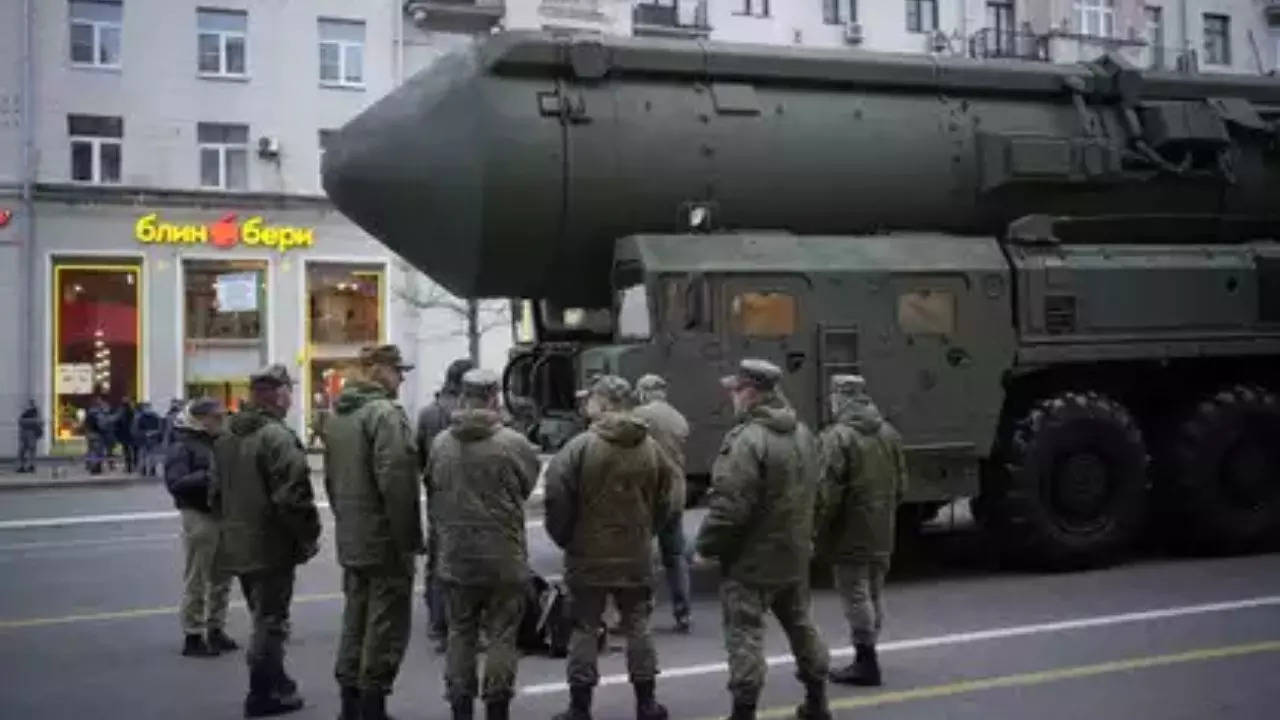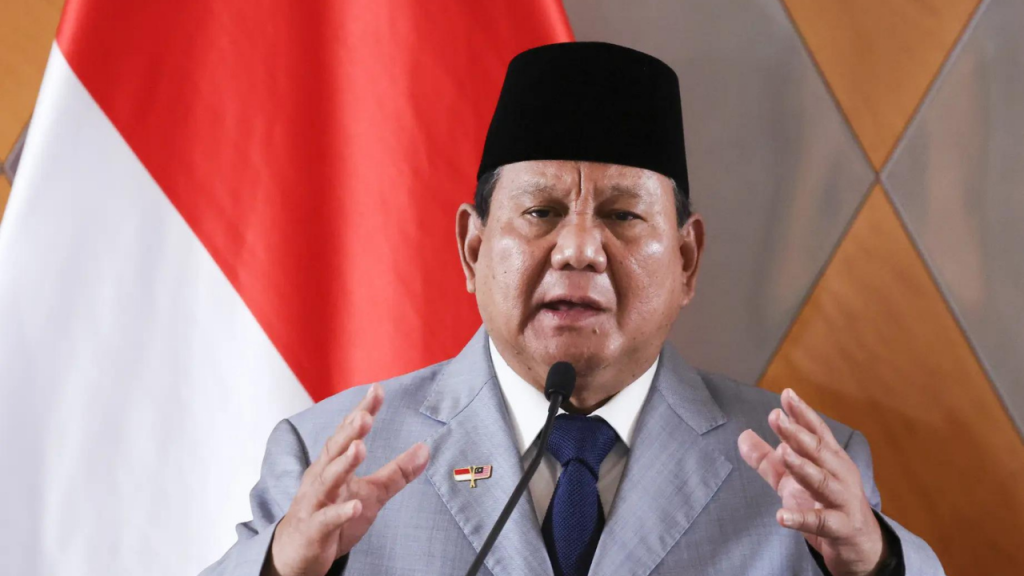After the fall of the Soviet Union, Ukraine inherited a significant nuclear stockpile. Despite possessing these nuclear weapons, Ukraine decided to relinquish them due to financial burdens and geopolitical risks. The 1994 Budapest Memorandum promised security guarantees to Ukraine, which unfortunately proved unreliable when Russia annexed Crimea and supported separatists in Ukraine. The current Russia-Ukraine conflict underscores the vulnerabilities of Ukrainian security without nuclear deterrence. This decision to give up nuclear weapons has left Ukraine exposed to external threats, especially from its powerful neighbor, Russia. The lack of nuclear deterrence has put Ukraine in a precarious position, prompting discussions on the country’s security strategy and the need for stronger alliances with Western nations. The ongoing conflict serves as a stark reminder of the complex geopolitical challenges faced by Ukraine and the importance of having a robust security framework in place. As Ukraine grapples with these security concerns, it continues to seek support from the international community to address the evolving security landscape in the region. The debate over Ukraine’s nuclear decision and its implications for national security remains a contentious issue, with ongoing implications for the country’s sovereignty and territorial integrity.

Posted in
JUST IN
Ukraine’s Decision to Give Up Nuclear Weapons Haunts It Amid Russia Conflict: Analysis of Security Vulnerabilities
In Trend

















